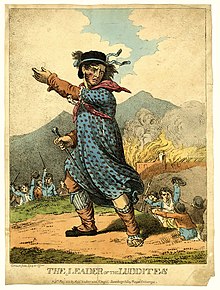The United States enters in the Great War!
Almost 2 years after the Lusitania´s sinking, President Wilson declares war to Germany
As you all know, on the morning of 6 May, Lusitania was 750 miles (1,210 km) west of southern Ireland.
The torpedo struck Lusitania under the bridge, sending a plume of debris, steel plating and water upward and knocking lifeboat number five off its davits. A second, more powerful explosion followed, sending a geyser of water, coal, dust and debris high above the deck. Many lifeboats overturned while loading or lowering, spilling passengers into the sea; others were overturned by the ship's motion when they hit the wáter. Lusitania sank in only 18 minutes, 11.5 miles (19 km) off the Old Head of Kinsale. More tan 100 americans died.
 Almost 2 years later, on April 2nd, Wilson spoke before Congress. With a deep sense of the solemn and tragic step he was taking, he told the parliamentarians that they should consider the German actions as a declaration of war against the government and the people of the United States.
Almost 2 years later, on April 2nd, Wilson spoke before Congress. With a deep sense of the solemn and tragic step he was taking, he told the parliamentarians that they should consider the German actions as a declaration of war against the government and the people of the United States.
The armed neutrality had been ineffective, since it was impossible to implement to defend the ships against the attacks of German submarines.
"We have nothing against the German people, our only feelings towards them are sympathy and friendship," Wilson said. But, he added, "the world must be a safe place for democracy to exist."
 |
| President Wilson |



















